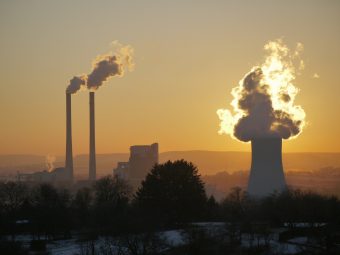
The Energy Community Secretariat’s 2020 Implementation Report highlights some of the key obstacles in transforming the energy system of the involved countries, including the Western Balkans, in the foreseen timeline.
The Energy Community still does not have a 2030 greenhouse gas emissions reduction target, as well as targets for renewable energy and energy efficiency, while setting these targets for its contracting parties has been a priority since 2017.
The report also makes it clear that the Ministerial Council, the highest authority of the Energy Community, failed to adopt decarbonisation guidelines, as well as to address continuous breaches of the acquis by its members, namely contracting parties.
These tasks still remain unfulfilled, although 2020 was supposed to be a decisive year for setting clear emission reduction goals by 2030 as well as concrete strategies to achieve them to accelerate the energy transition in the Energy Community countries.
More:
“The Energy Community contracting parties still have a lot of work on their plate as they’re still falling short of complying with their treaty obligations. The region cannot afford further delays in taking action to lower their emissions and set NECPs which would reflect the ambition in line with the EU and the Paris Agreement”, said Wendel Trio, Director of Climate Action Network (CAN).
Delays in the just and clean energy transition in the region come at high economic and societal costs.
“The Western Balkans’ chronic coal dependency results in continued ill-health and early deaths in the region and beyond. A dependency of this magnitude requires vision, ambition, decision, now, for a transition to a sustainable, climate-friendly and healthy energy system“, added Senior policy officer, health and energy at HEAL, Vlatka Matkovic.
Source: caneurope

